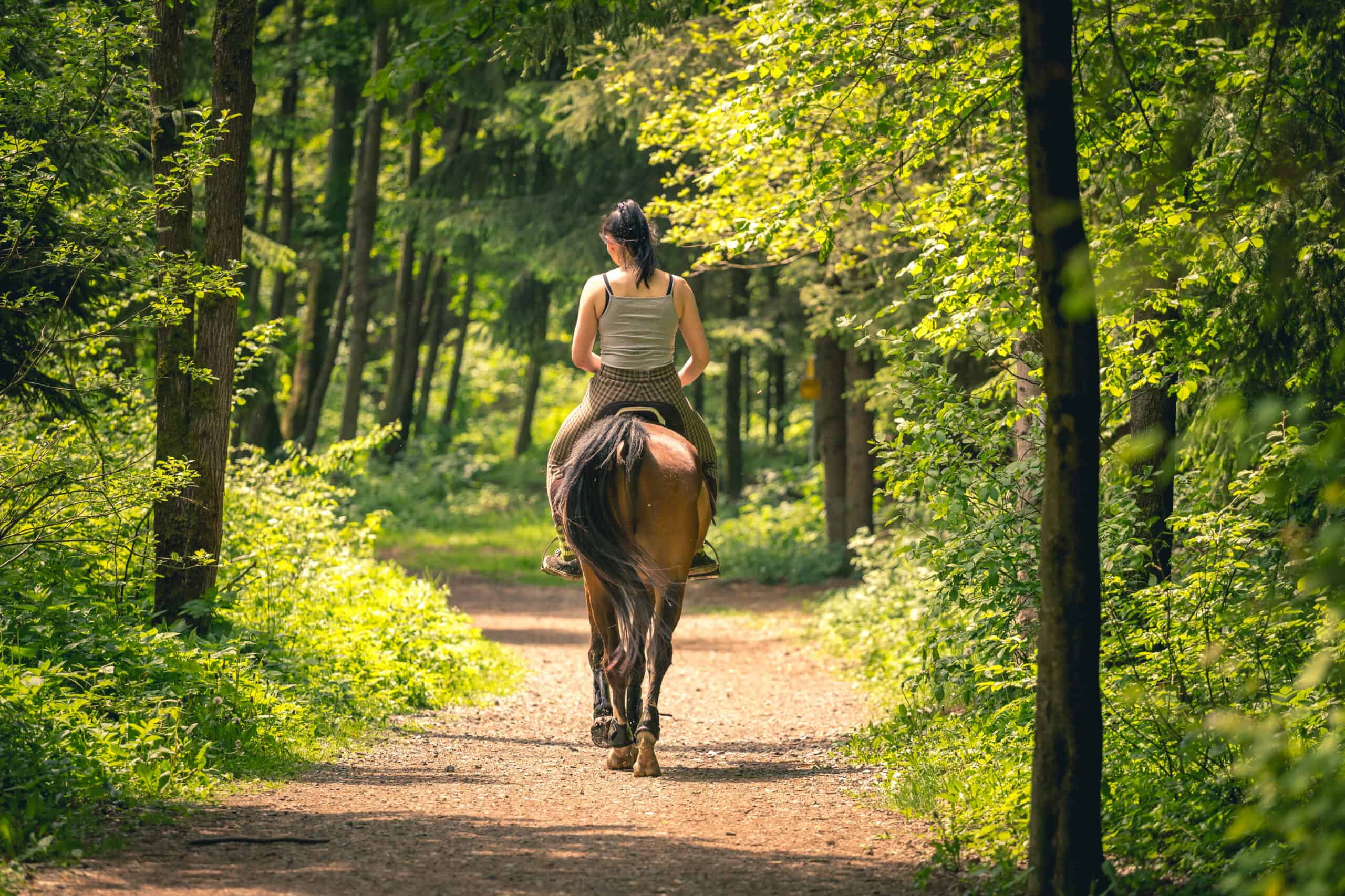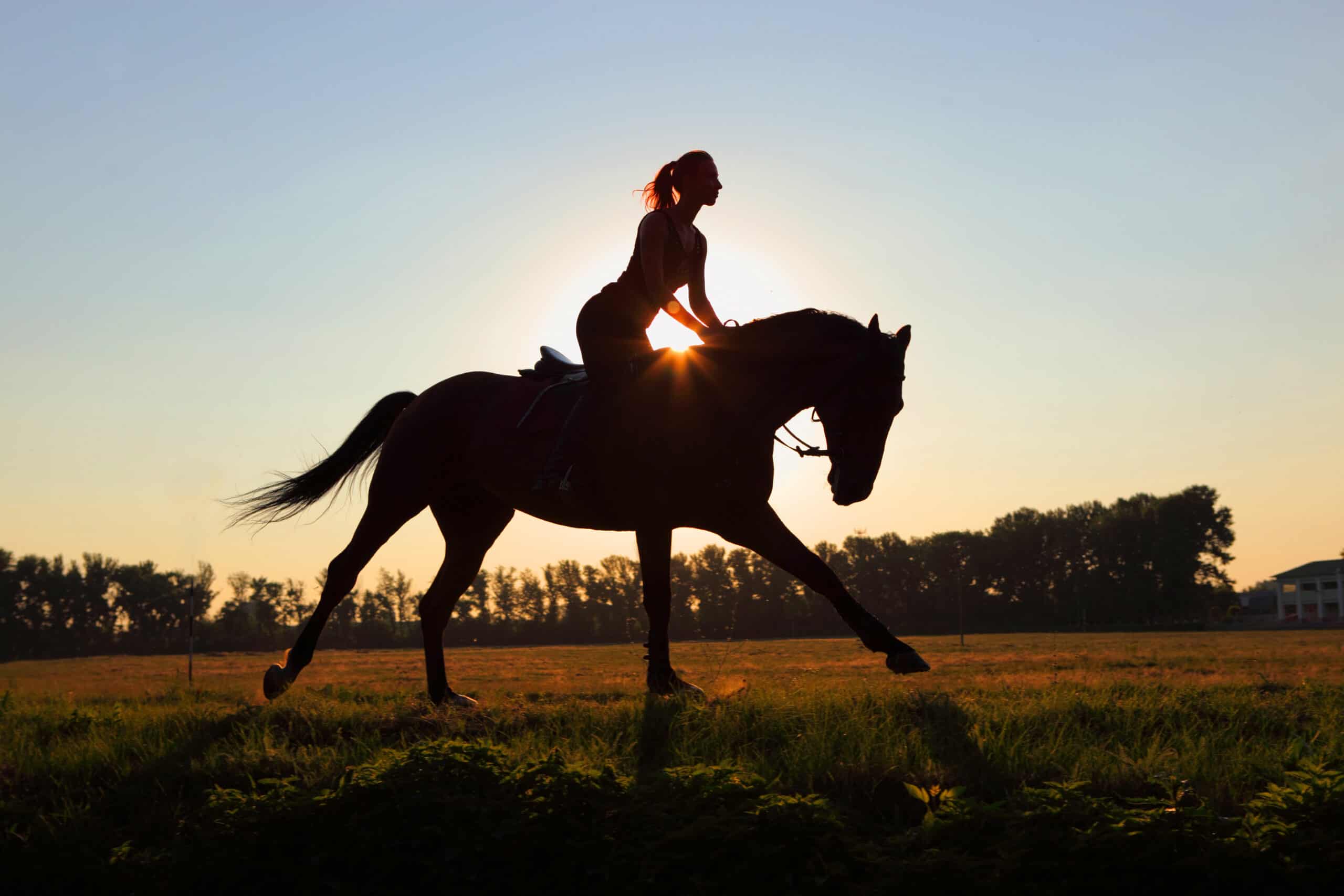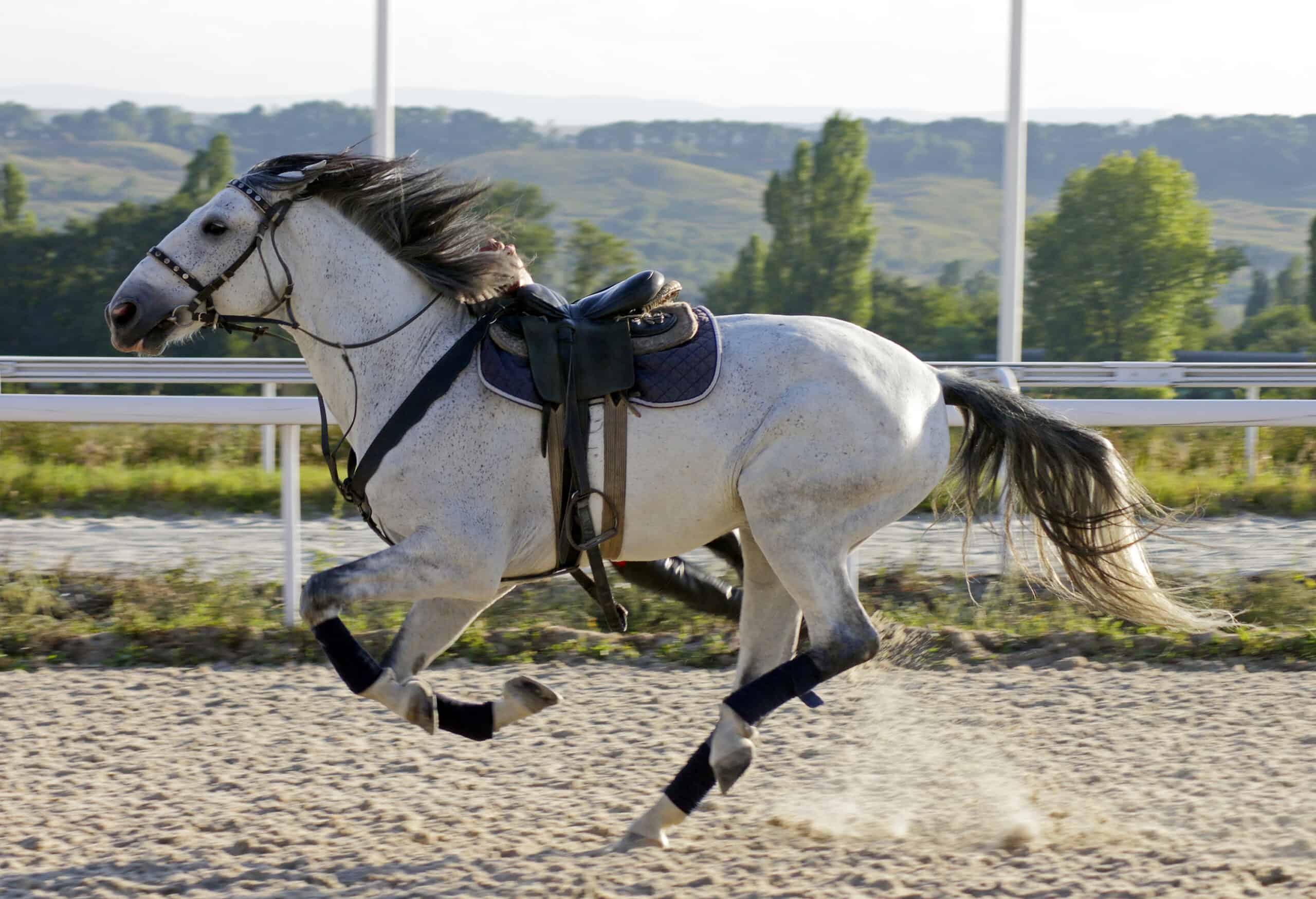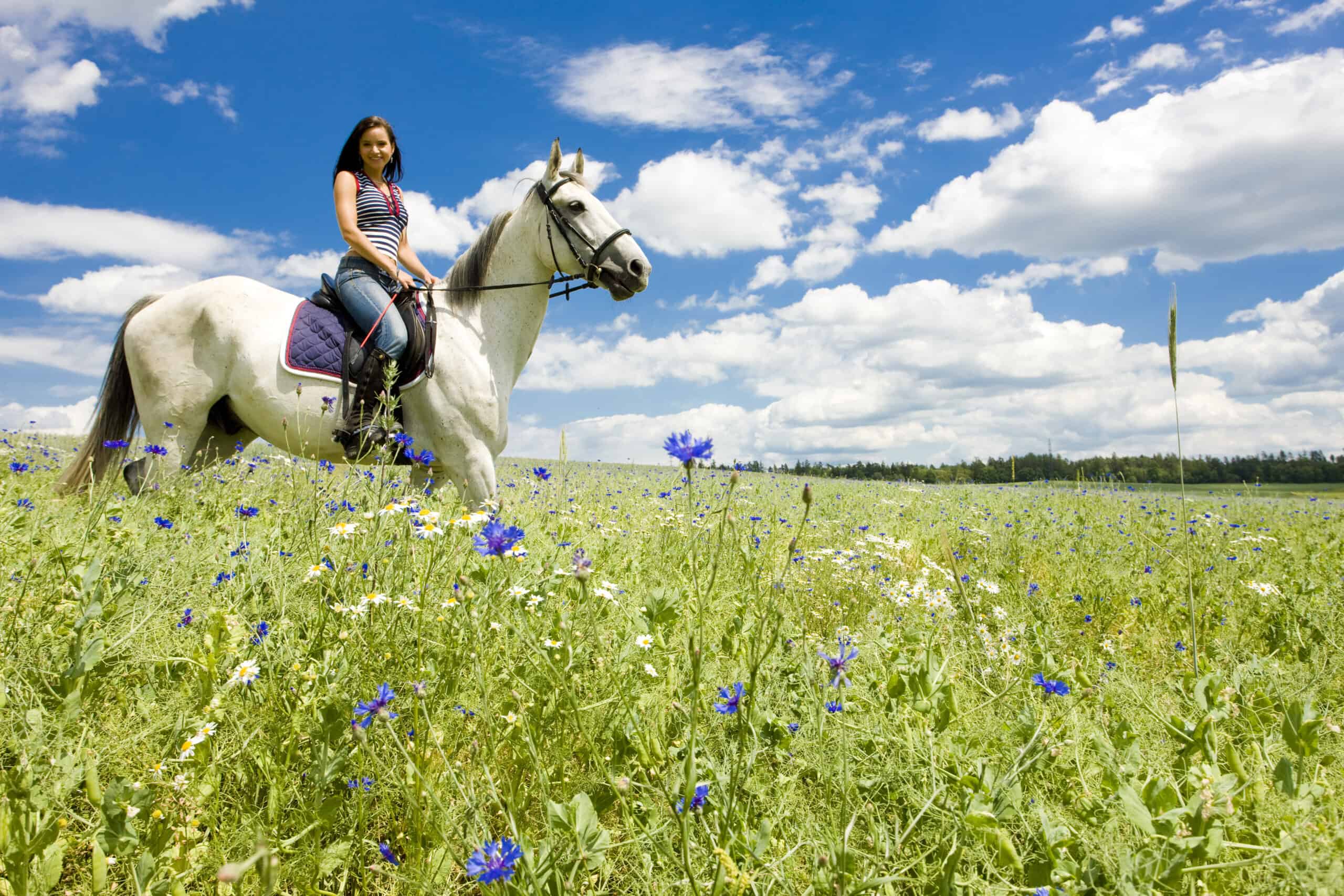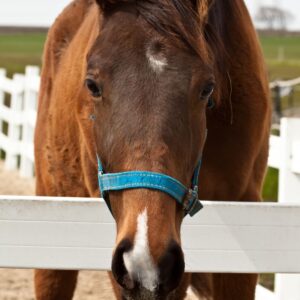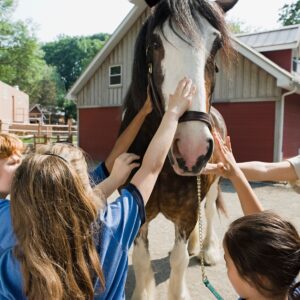All friendships require to give and take. Are you giving enough so that your horse enjoys your friendship? Before man adapted horses to suit his needs, they ran wild and free. Horse owners need to make sure the relationship with their horse is a friendship and not a type of slavery. So, the question is, do horses actually like to be ridden?
Every Horse is Different
Horse personalities are as varied as human personalities. There are general categories of personalities, but it all boils down to individuals. One horse will whinny and come running when they meet you at the gate. Another may meet you one day and run the other way another day. Yet another horse may greet you, as long as you don’t have a halter or lead rope in your hand. So, how do we know if a horse likes to be ridden?
Build a Relationship on Respect and Trust
It is best to have your horse’s respect for a solid friendship. Building a relationship starts on the ground. In our article about the 15 Important Ground Rules for Horse Safety we discuss the importance of the horse wanting to work because it wants to, and not because it has to work.
A horse that enjoys its job will perform at a higher level, be safer, and frankly, more enjoyable to be around. Stacey Westfall’s famous bridleless, bareback freestyle reining championship ride on YouTube is one example of a horse that loves its job. The key to developing this is to have a relationship with your horse based on trust and teamwork. A barrel horse fighting to NOT go into the arena can be an example of a horse that does not like its job. Often this is caused by the overuse of spurs.
Be the Team Leader
It is essential for you to be the team leader in the equine/human friendship. Horses are herd animals and hardwired to respect a hierarchy system. You want to have a loving relationship with your horse, but you need to be in control for proper horse safety. Your horse needs to understand that when you tell it to do something, it needs to do it. In an argument between a 1000 to 1200-pound horse and a 175-pound person, the person will lose. It is essential to be a team leader while remembering there is a line between leading and abuse.
Horse Had a Bad Experience
Horses have long memories, especially of bad experiences. A horse that has been hurt or abused will not like to be ridden. They might do the work, but they are not enjoying it. It will take a lot of time and patience to earn the trust of an abused horse. Once you gain the confidence of the horse, it can become a devoted friend. Depending on the type of abuse or injury the horse experienced, the horse may or may not like to be ridden.
Horse Acts Up When Ridden
A horse that acts up when you first get on is often called cold back. You can read more about Causes of Cold Back In Horses and Way to Help here. The three most common reason for horses to act up when ridden are: the horse is green broke and needs more wet blankets, pain, or personality. If your ordinarily well-behaved horse starts acting up when ridden, start looking for signs of distress. Fear of the unknown can cause a horse to act up. Establishing a trusting leadership role will come in handy when you and your horse face something scary.
Signs Your Horse Likes to be Ridden
Above, we discussed how to develop a good relationship with your horse, encouraging your horse to want to be ridden. Then we mentioned the reasons horses might not want to be ridden. The following are a few signs your horse likes to be ridden.
- Relaxed facial expression
- Ears are perked up and not pinned back
- Licking the lips
- Relaxed even gait (definitely no bucking)
- Responsive to your commands
- Willing to do things that are against their nature
- Stands quietly to be saddled and bridled
Horse Courses by Elaine Heney
- Listening to the Horse - The Documentary by Elaine Heney & Grey Pony Films
- Shoulder In & Out Training for better balance, bend & topline development with your horse
- Over 110+ Polework Exercises & Challenges to Download
- Dancing at Liberty & Creating Connection with Your Horse (11 lessons) - Grey Pony Films
Final Thoughts
Every horse is different. It is easy to develop a relationship with some and not so easy with others. Once a relationship built on trust and respect is established, most horses will actually like to be ridden. However, past experiences, pain, and fear can keep a horse from enjoying being ridden.

